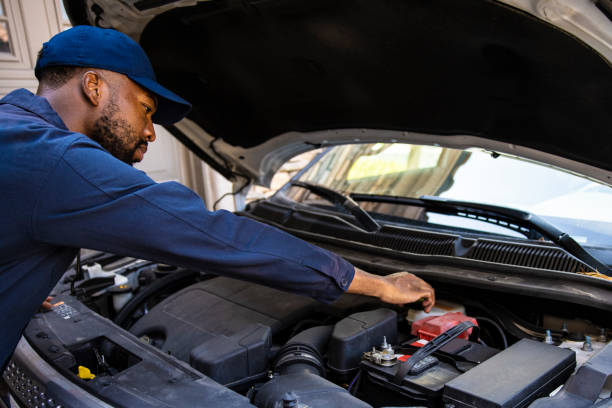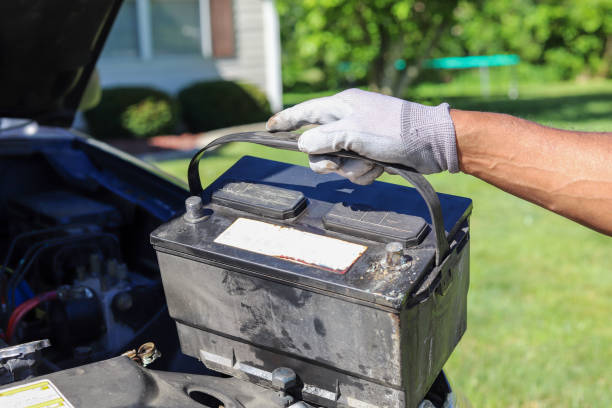In the streets of Accra and the expansive highways stretching across Ghana, cars have become more than just a mode of transportation, they are lifelines connecting people, businesses, and communities. Over the years, the automotive landscape in Ghana has evolved, with a significant increase in vehicle ownership. According to the Ghana Statistical Service, vehicle ownership in the country has seen a steady rise, reflecting the growing middle class and urbanization. However, this surge in vehicles has also brought to light the pressing need for proper car maintenance.
Neglecting regular maintenance can lead to costly repairs, reduced vehicle lifespan, and most importantly, safety hazards on the road. As Ghanaian drivers, adopting proactive car maintenance habits is not just about preserving the vehicle but also ensuring the safety of all road users. Let’s delve into five essential car maintenance practices every Ghanaian driver should incorporate into their routine.
1. Regular Oil Changes
Engine oil is crucial for lubricating the moving parts of your engine, reducing friction, and preventing overheating. Over time, oil degrades and loses its effectiveness, leading to increased engine wear and potential failure. It’s advisable to change your engine oil every 5,000 to 7,500 kilometers or as recommended by your vehicle’s manufacturer.
In Ghana’s tropical climate, where temperatures can soar, regular oil changes become even more critical. The heat accelerates oil breakdown, making timely oil changes essential to keep your engine running smoothly.

2. Tire Maintenance
Tires are the only contact point between your vehicle and the road, making their maintenance paramount. Regularly check tire pressure, as underinflated tires can lead to poor fuel efficiency and increased tire wear. It’s recommended to check tire pressure at least once a month and before long trips. Additionally, rotate your tires every 10,000 kilometers to ensure even wear. This practice not only extends the lifespan of your tires but also enhances vehicle handling and safety.
3. Brake System Inspection
The brake system is one of the most critical safety features of any vehicle. Regularly inspect brake pads for wear and replace them when necessary. In Ghana, where road conditions can vary, ensuring your brakes are in optimal condition is vital to avoid accidents. It’s also essential to check brake fluid levels and top them up as needed. Low brake fluid can lead to reduced braking efficiency and potential brake failure.
4. Battery Care
A dead battery can leave you stranded, especially in remote areas. Regularly check the battery terminals for corrosion and clean them if necessary. In humid environments, corrosion can build up quickly, affecting the battery’s performance. If your battery is over three years old or showing signs of weakness, consider replacing it to avoid unexpected breakdowns.

5. Air Filter Replacement
The air filter prevents dirt and debris from entering the engine, ensuring optimal performance. Over time, the air filter can become clogged, leading to reduced engine efficiency and increased fuel consumption. It’s advisable to replace the air filter every 12,000 to 15,000 kilometers or as recommended by your vehicle’s manufacturer. Ghana’s roads are dusty and pollutants are prevalent, more frequent air filter replacements may be necessary to maintain engine health.
Adopting these car maintenance habits not only ensures the longevity of your vehicle but also contributes to road safety and environmental sustainability. Regular maintenance reduces the likelihood of breakdowns, minimizes harmful emissions, and promotes efficient fuel consumption. As Ghana continues to develop its infrastructure and automotive industry, it’s imperative for drivers to take responsibility for their vehicles’ upkeep. By doing so, we can collectively work towards a safer and more sustainable driving environment for all.




